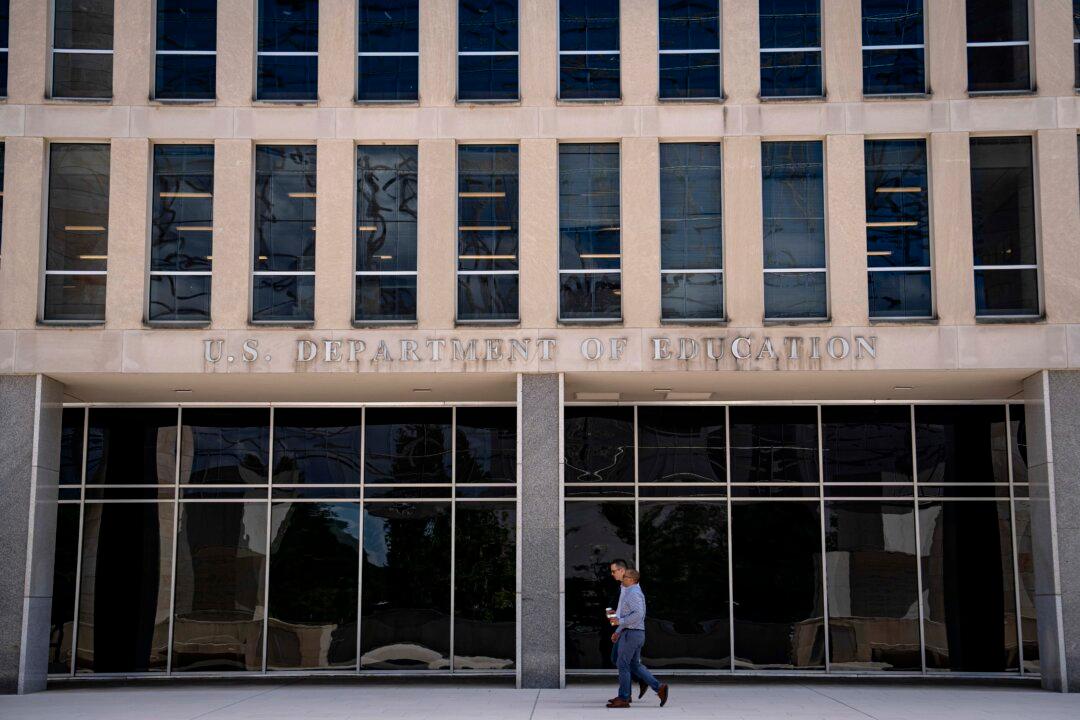The U.S. Department of Education has been given more time to outline its position on a lawsuit challenging Biden-era regulations aimed at rooting out poorly performing career schools.
A federal judge in Texas on Monday approved the department’s request to keep the case on hold for an additional 90 days so it can familiarize itself with the issues in the case. The extension pushes the deadline for the department’s final response from Feb. 14 to May 16.





